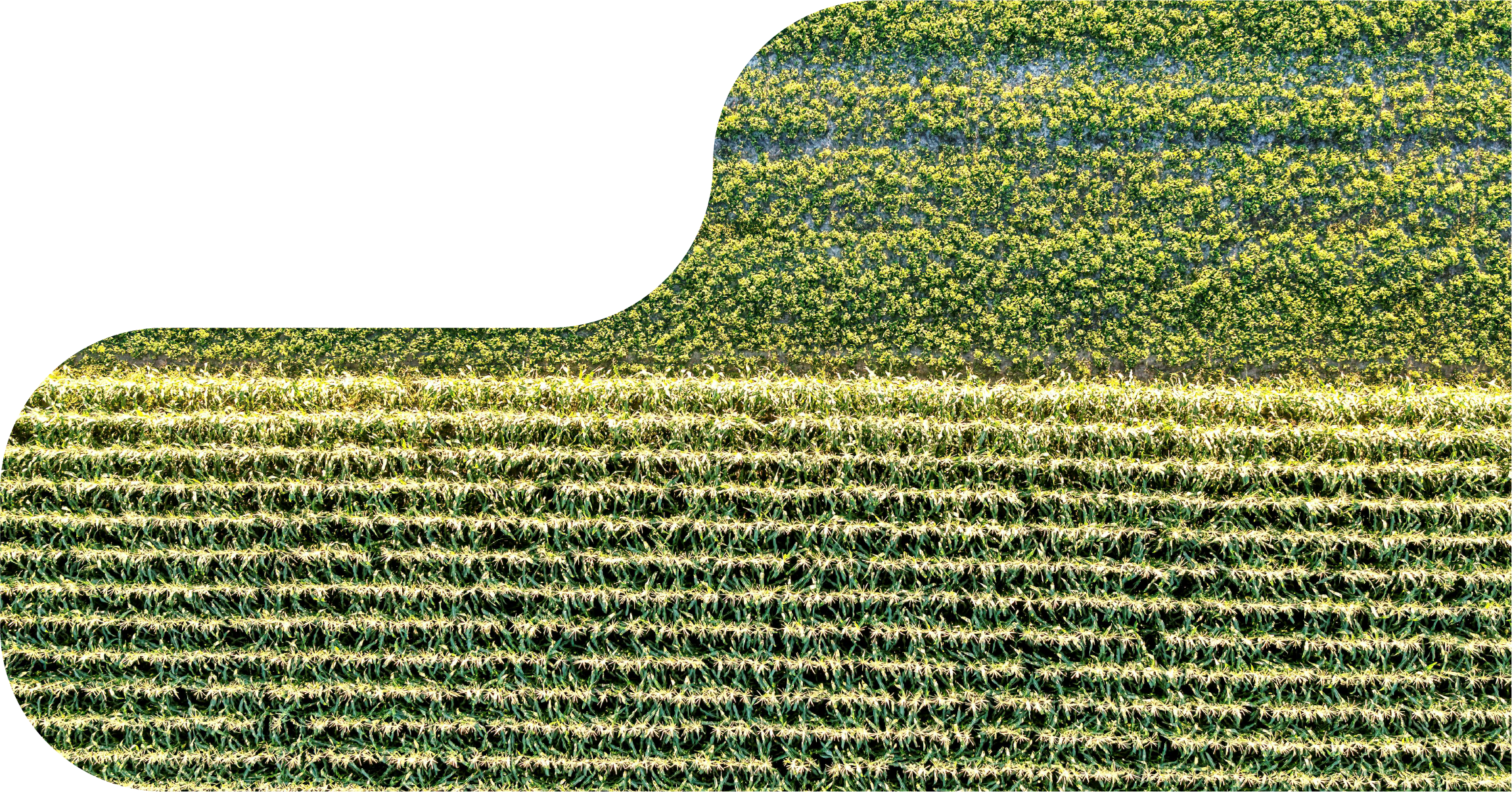What is AMF?
Arbuscular Mycorrhizal Fungi (AMF) are a type of mycorrhizal fungi that form symbiotic relationships with plant roots, aiding in nutrient and water absorption. The term “myco” means “fungus,” and “rhiza” means “root,” which reflects the close association between plants and root fungi. AMF colonize plant roots and extend into the soil, acting as an extension of the root system. These fungi are highly efficient at absorbing nutrients, particularly phosphorus, more effectively than the roots alone. Around 95% of plant species globally form this beneficial partnership with mycorrhizal fungi, significantly enhancing plant health and soil quality.

How it works
(01)
Root Connection
AMF form a symbiotic relationship with plant roots. The fungi attach to the roots, extending their reach deeper into the soil, allowing plants to access more nutrients than they could on their own.
(02)
Nutrient Exchange
The fungi act as an extension of the plant’s root system, drawing in essential nutrients like phosphorus, nitrogen, and water. In return, the plant provides the fungi with carbohydrates from photosynthesis, creating a mutually beneficial exchange.
(03)
Soil Health Boost
By improving nutrient uptake, mycorrhiza enhances plant growth and overall soil structure. The fungi’s network helps retain moisture and promotes better soil aeration, leading to healthier plants and more resilient ecosystems.